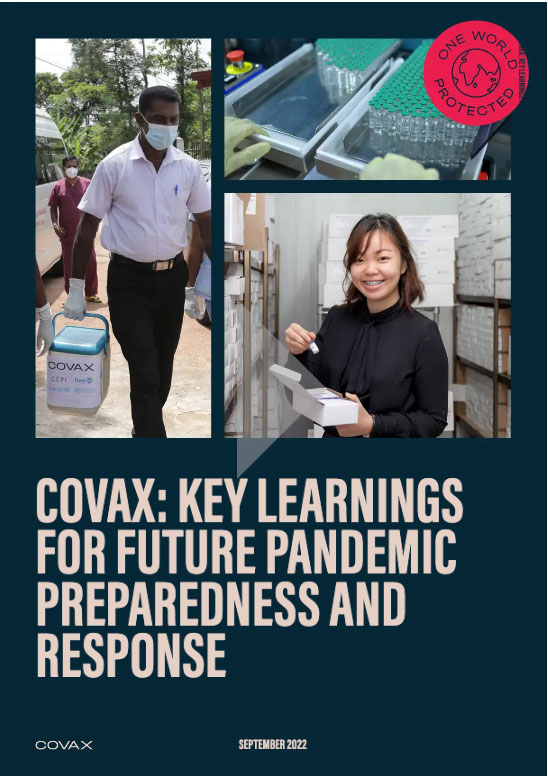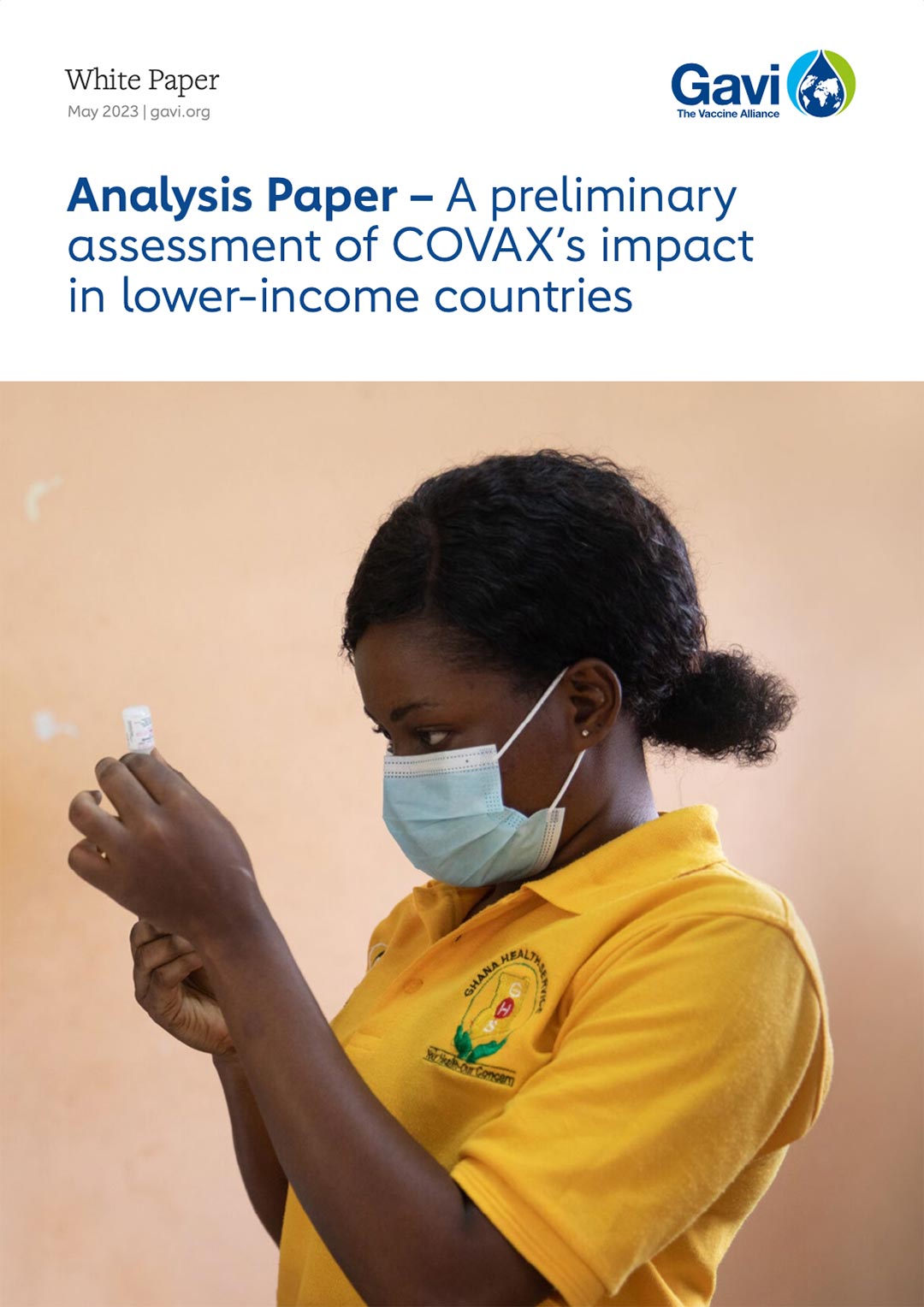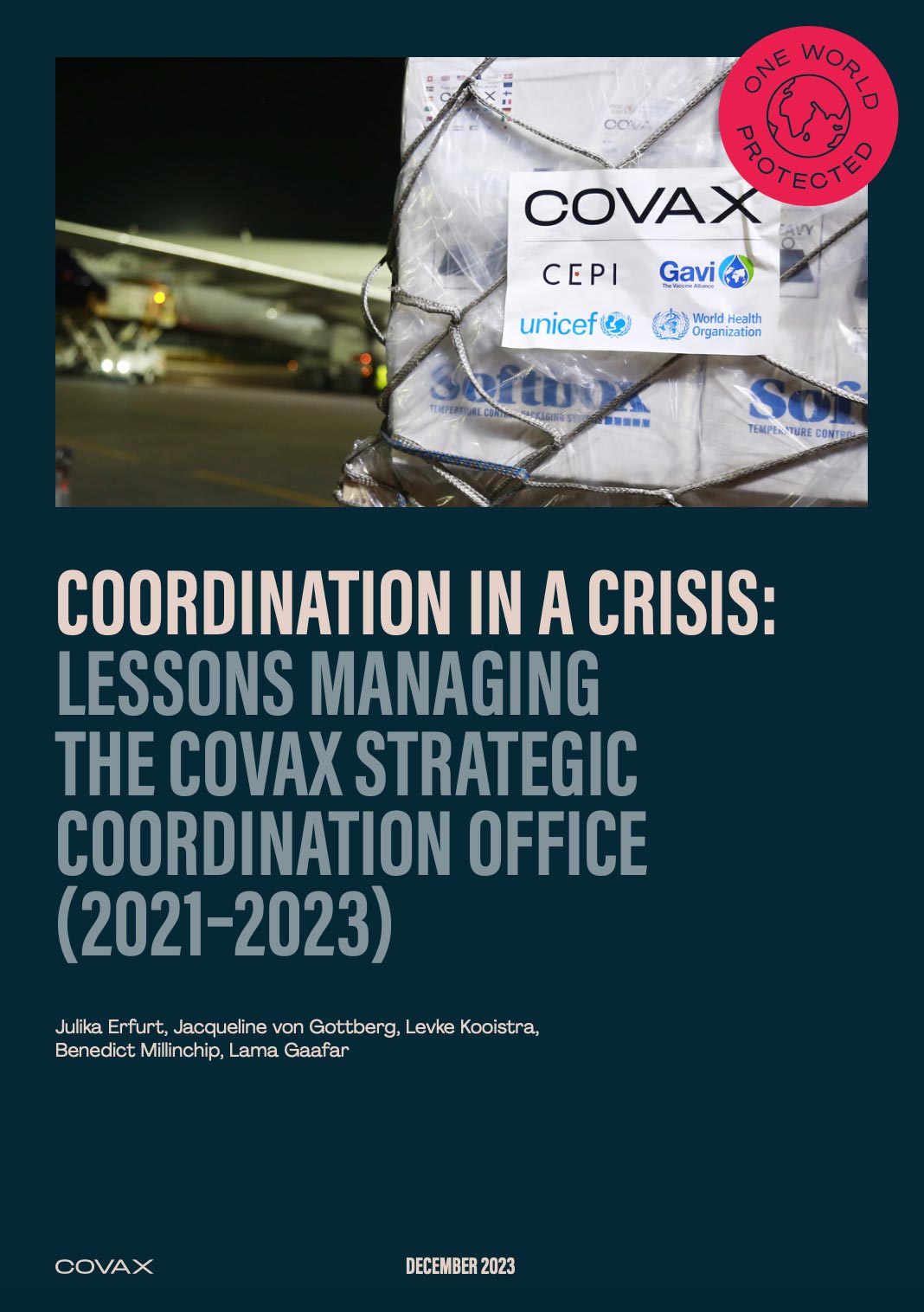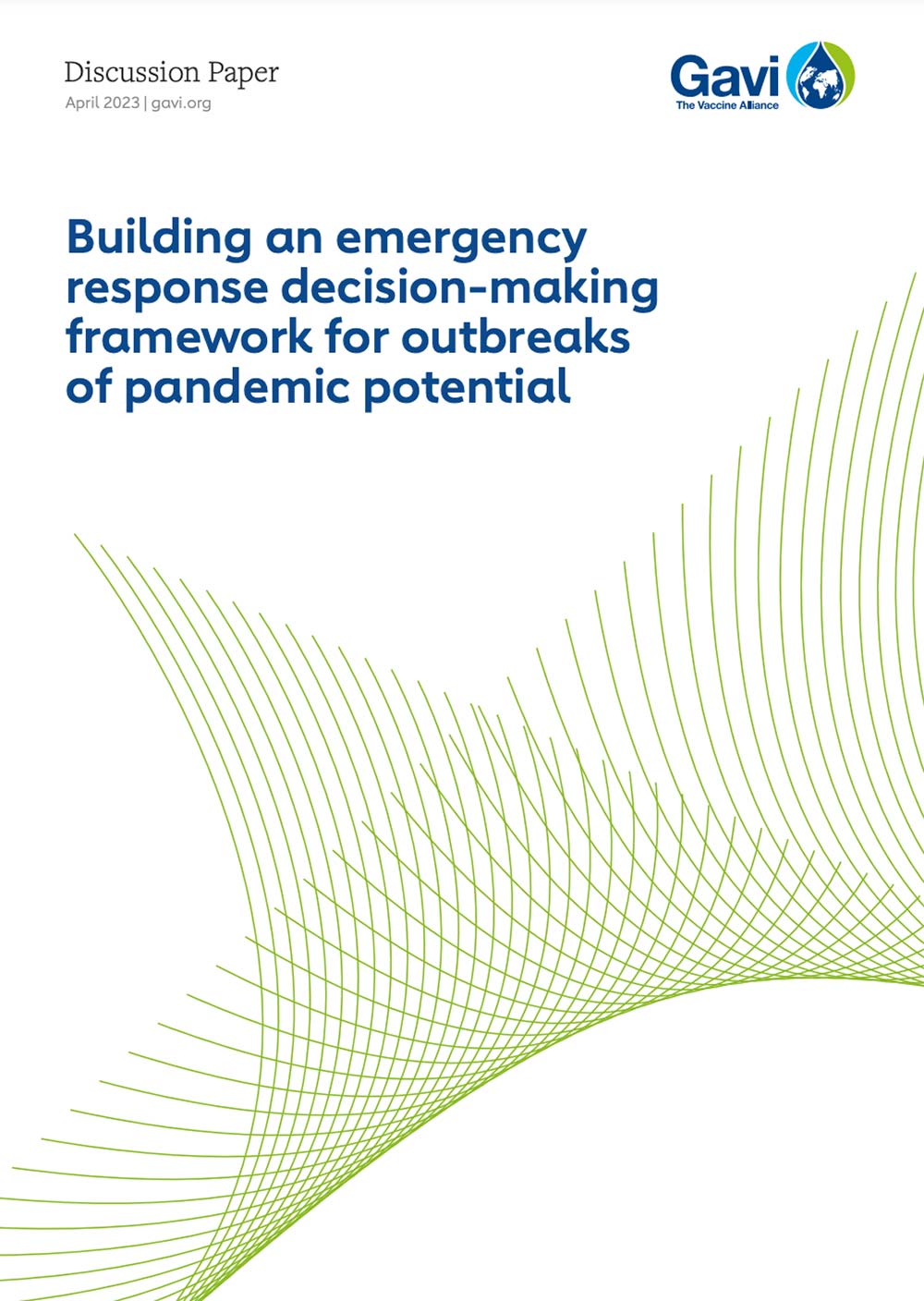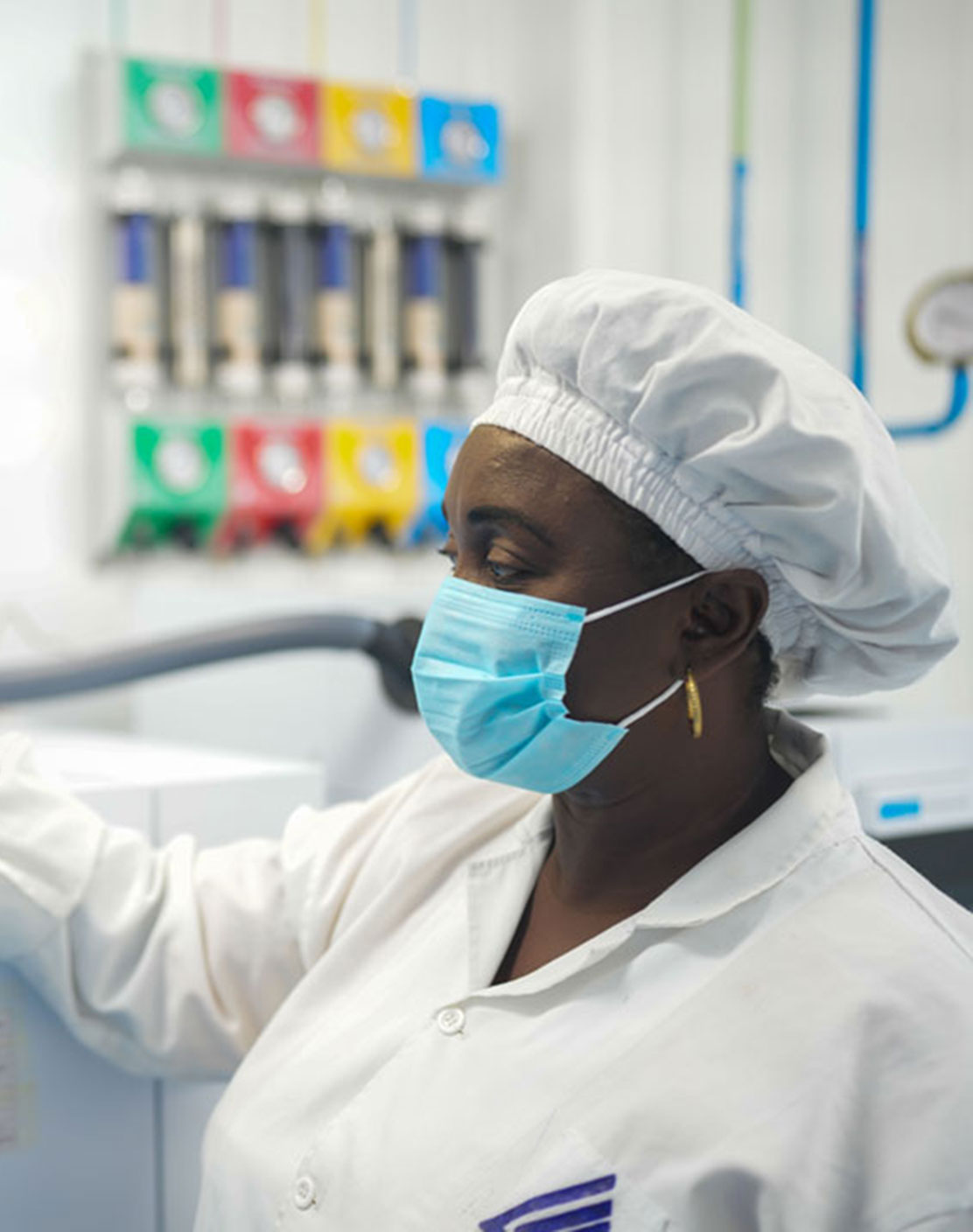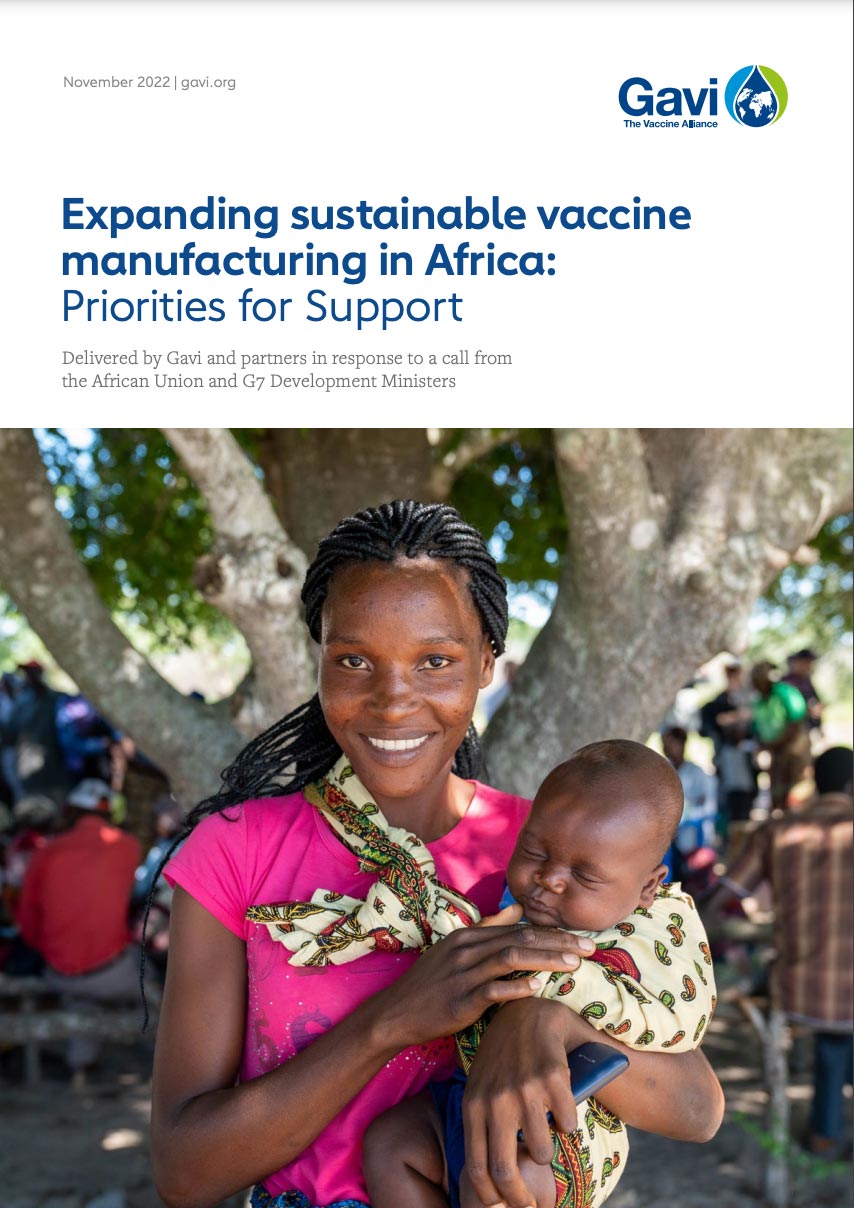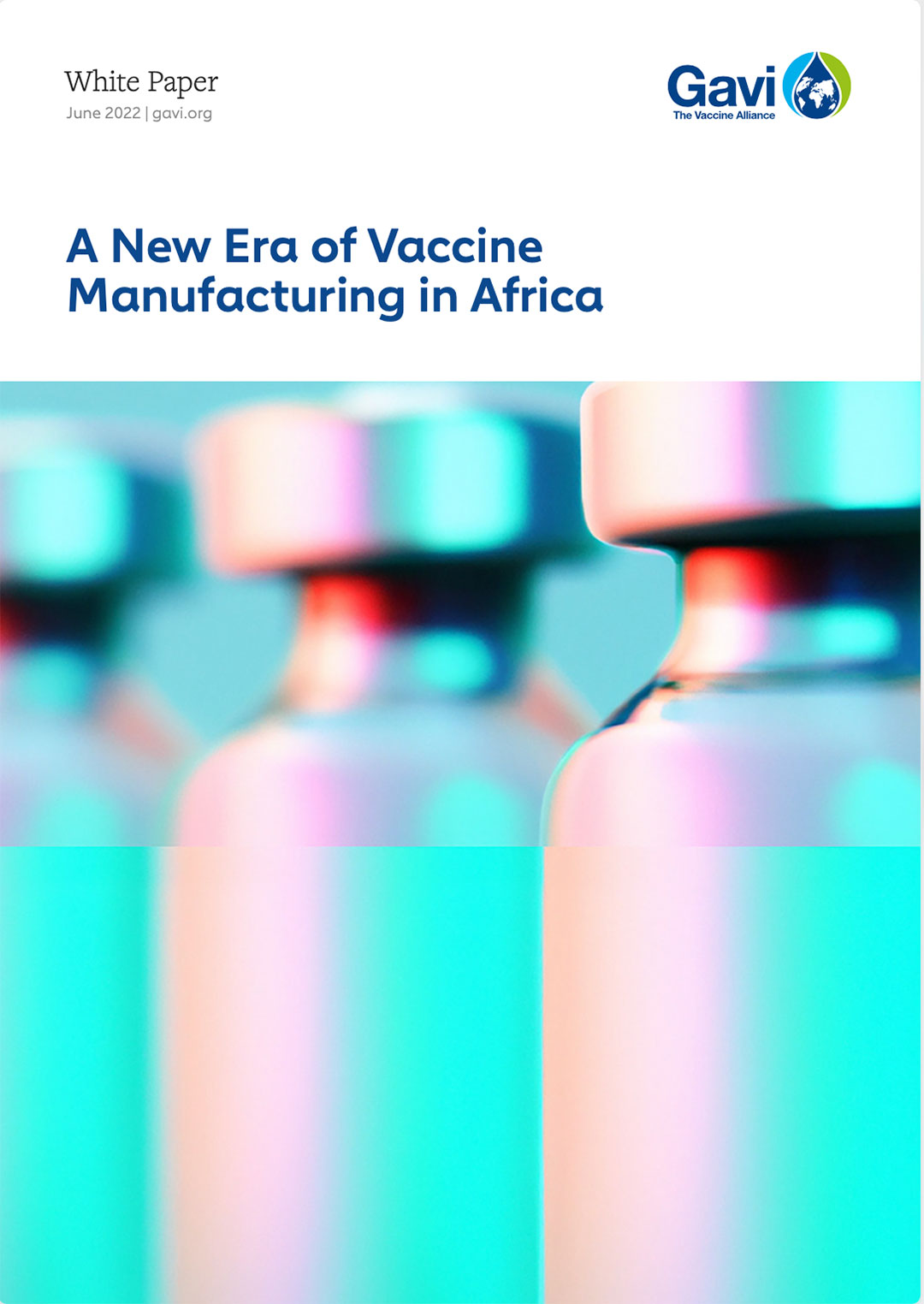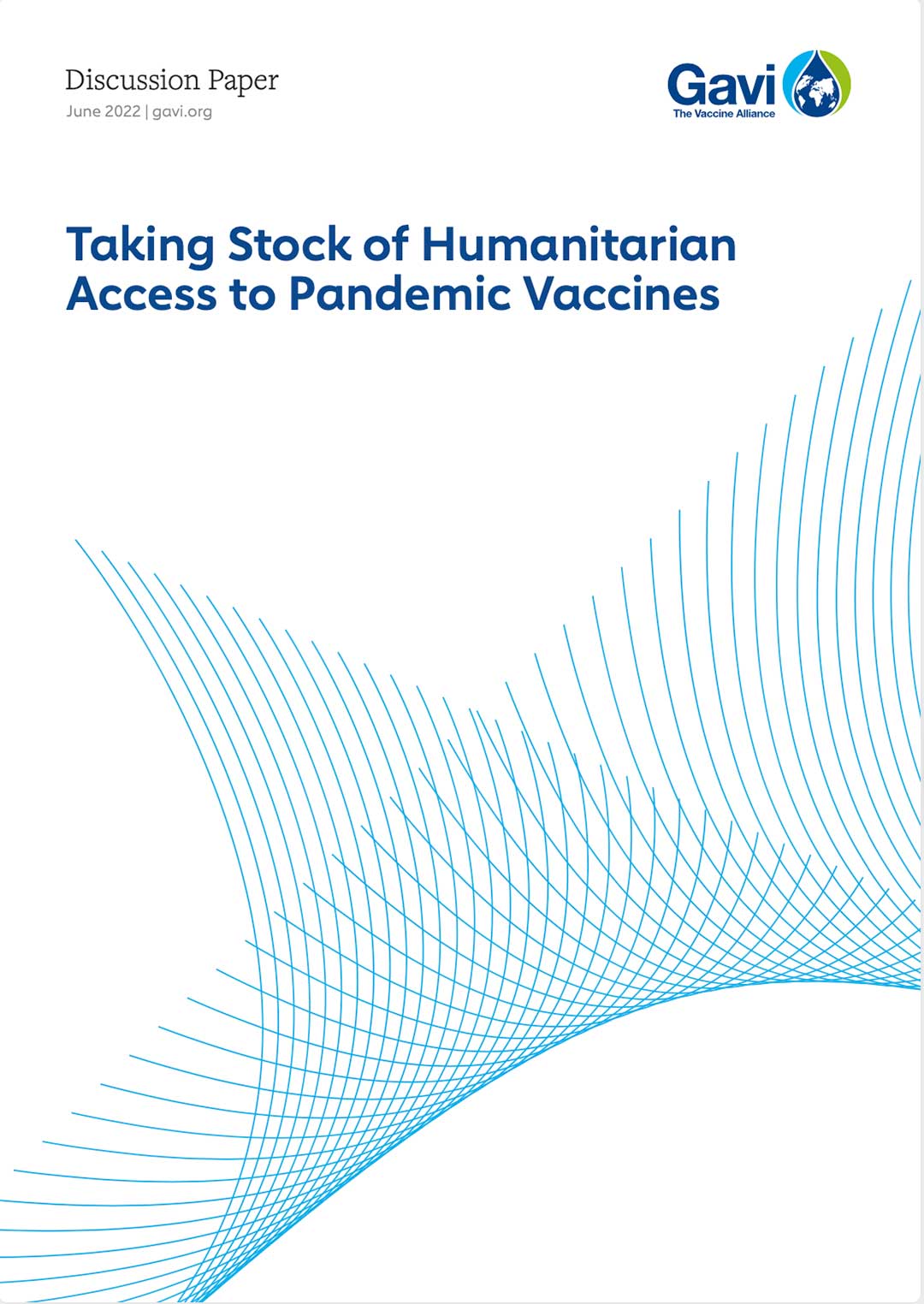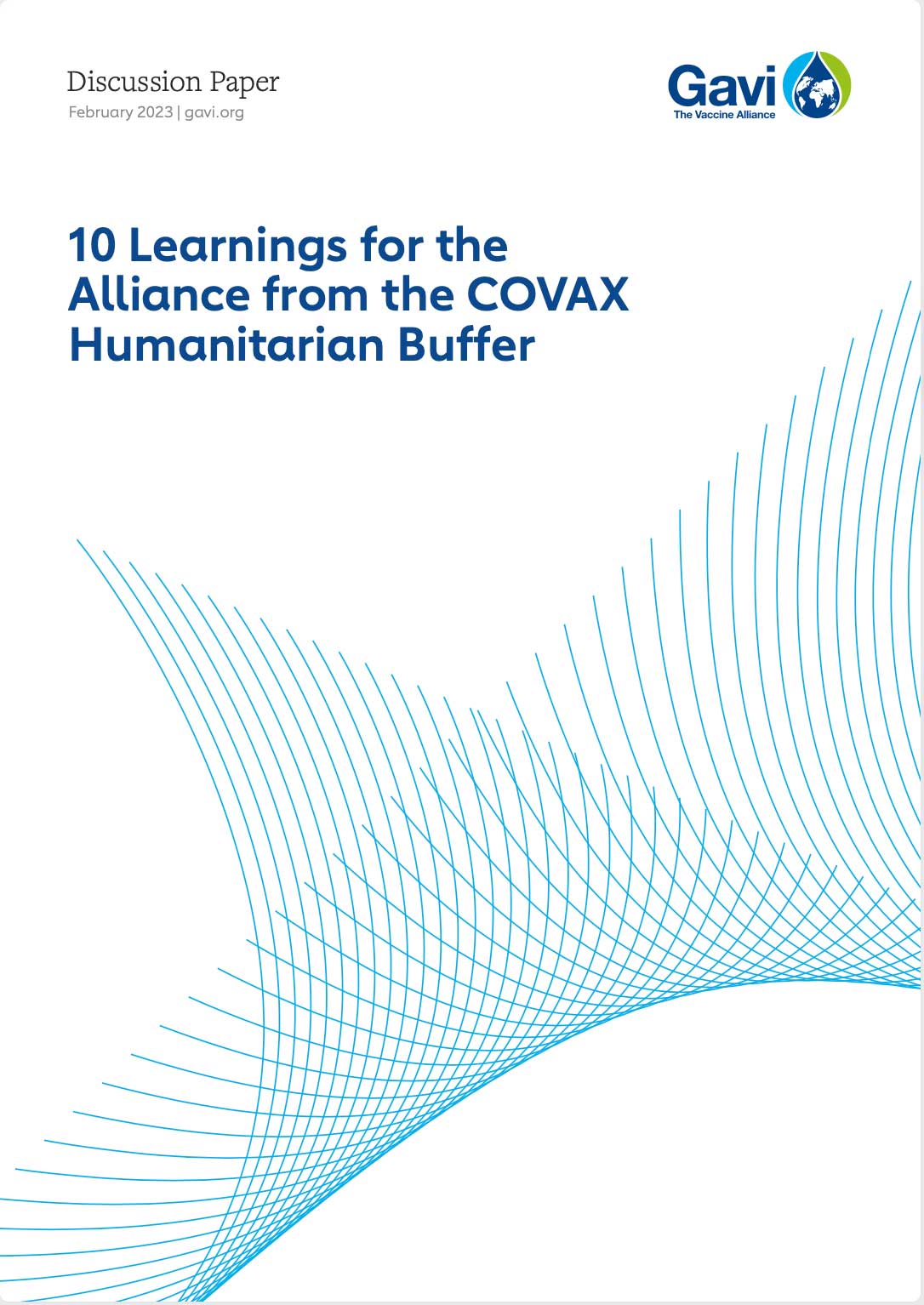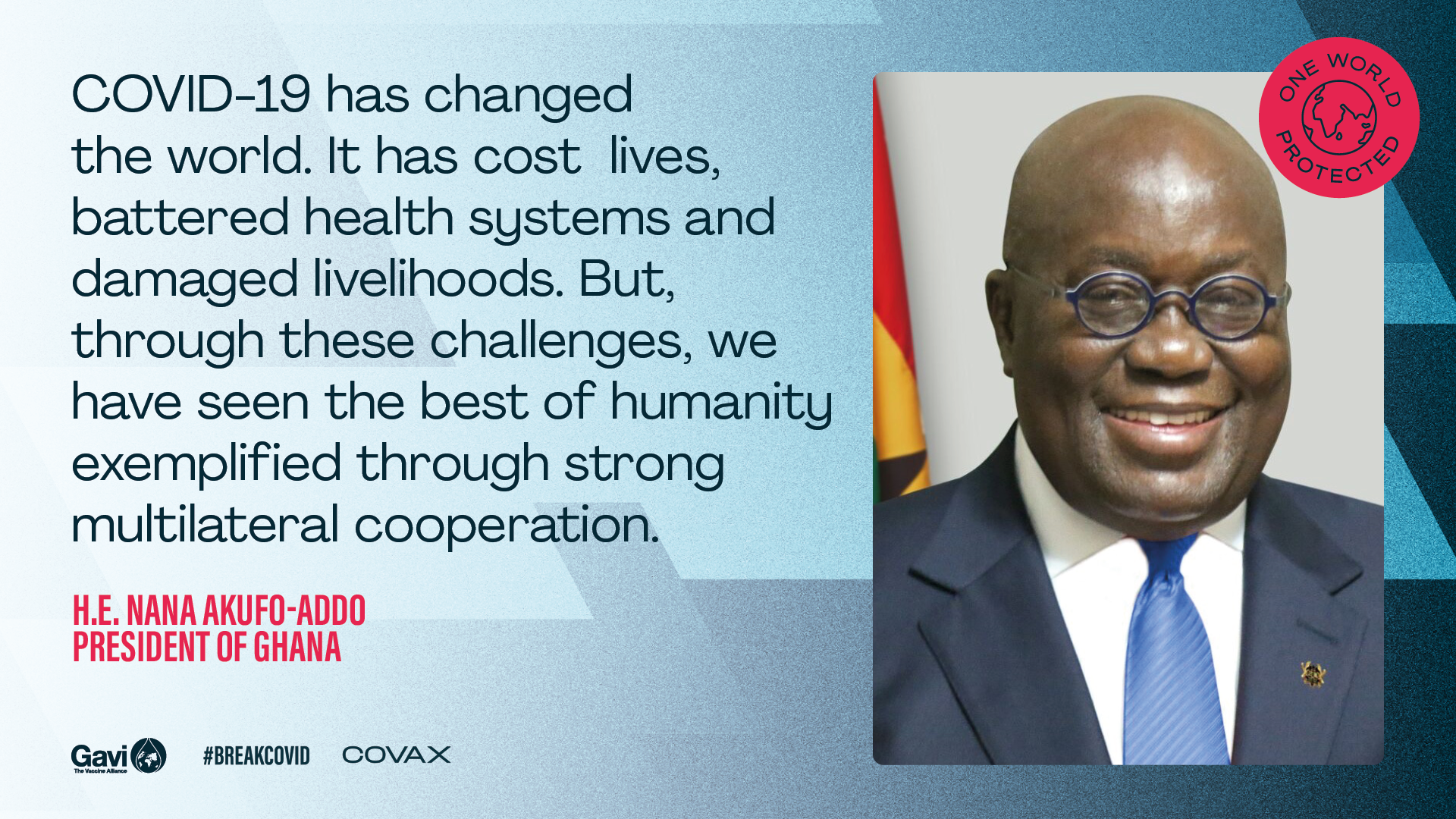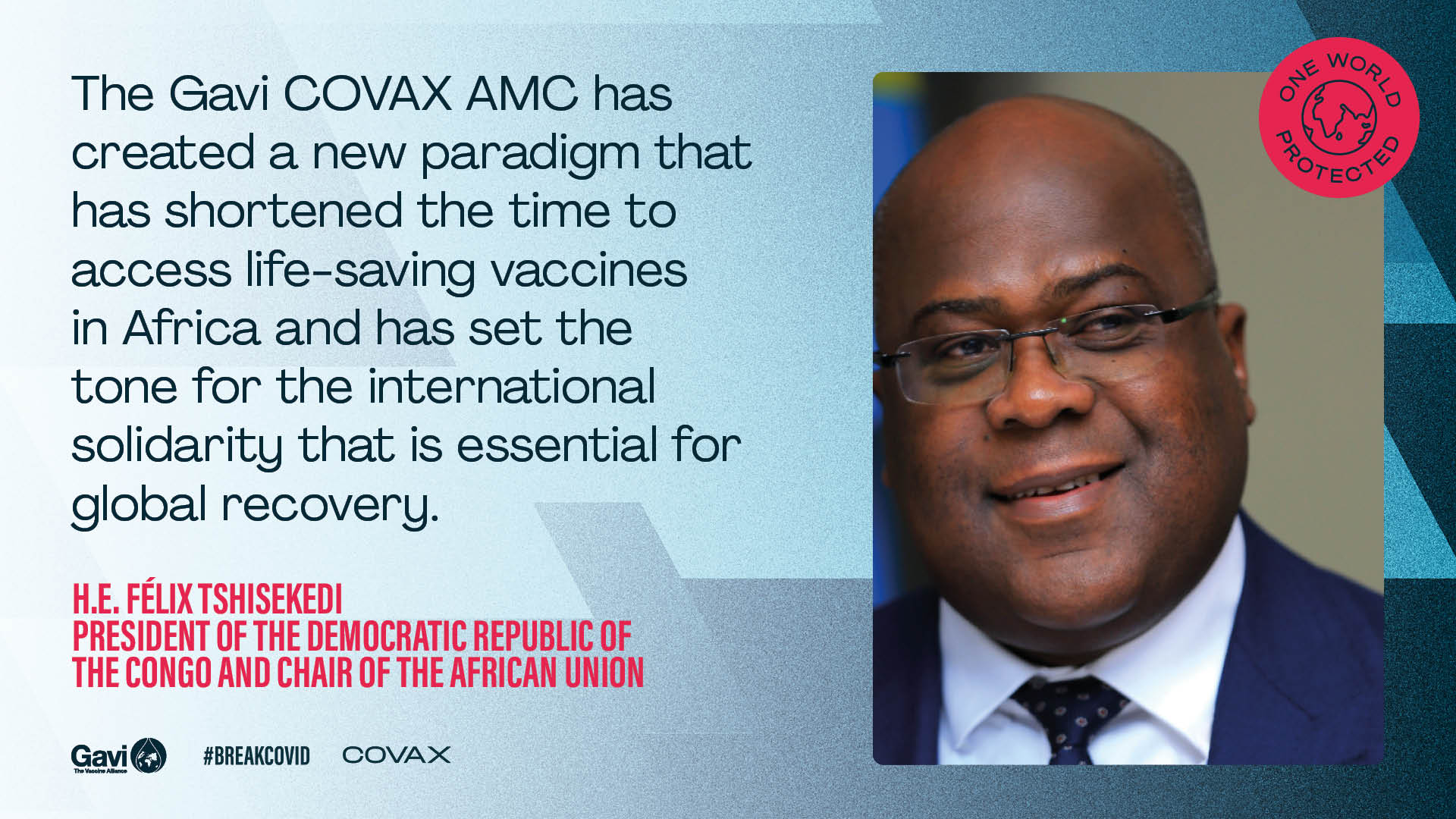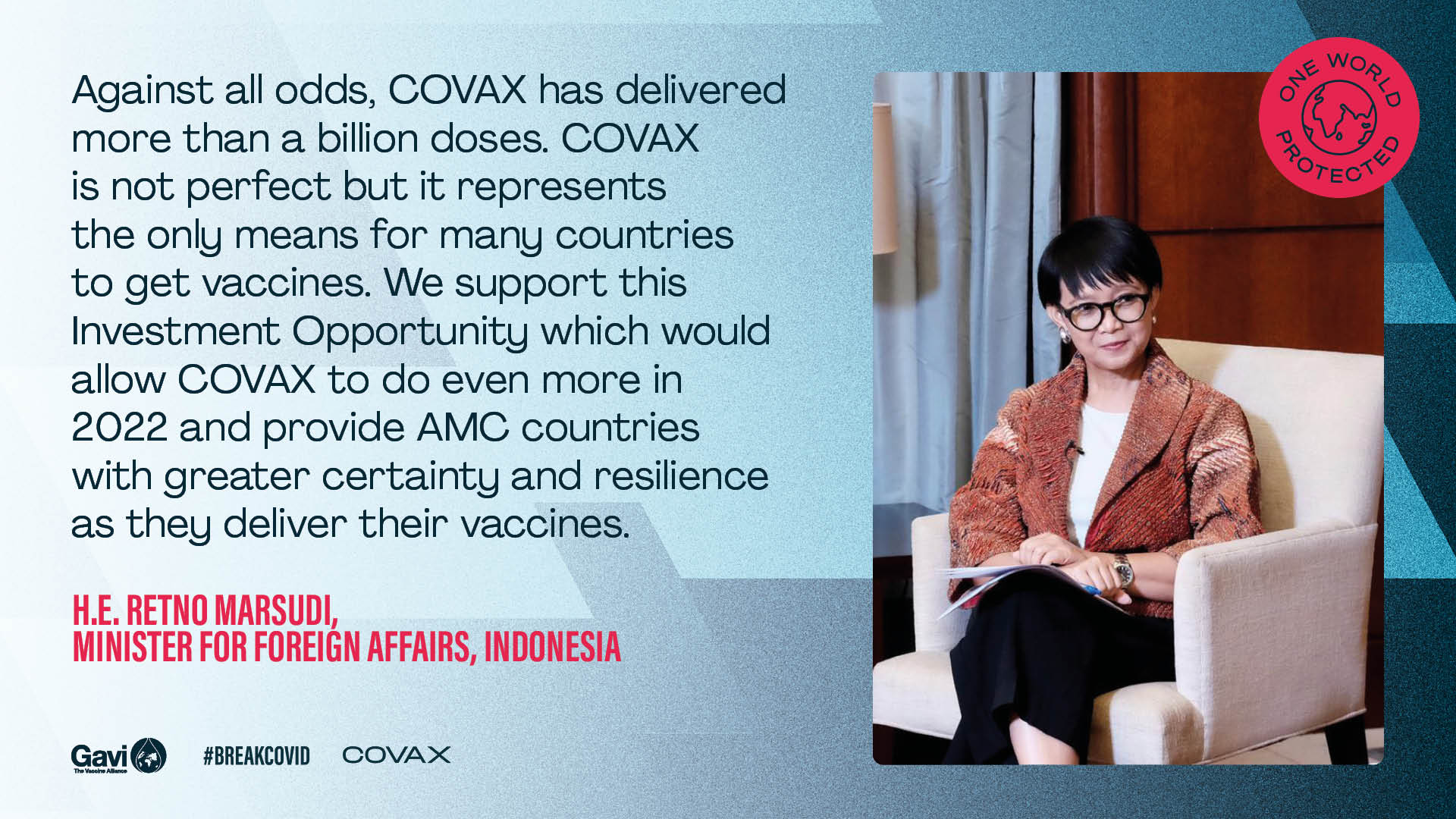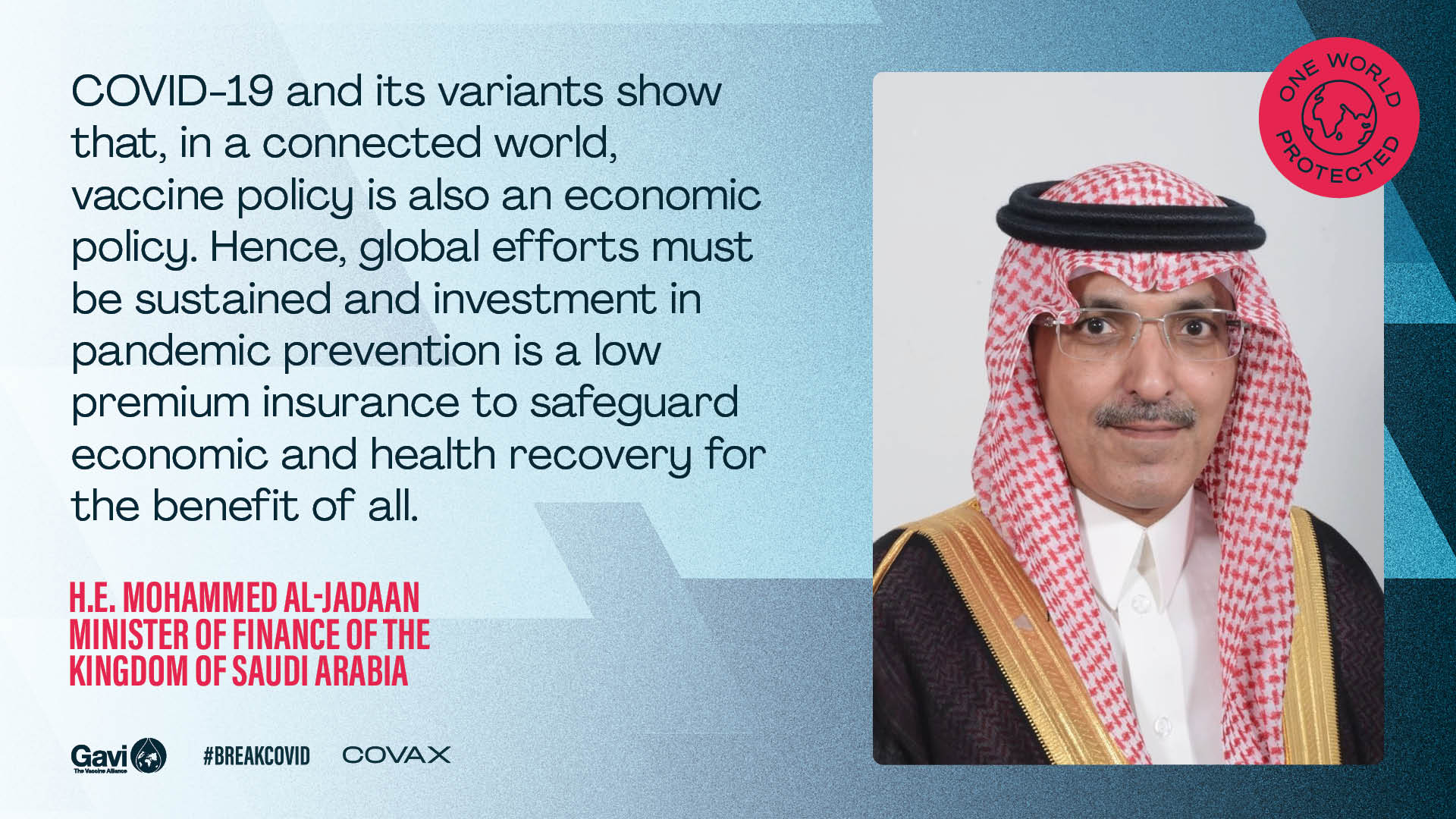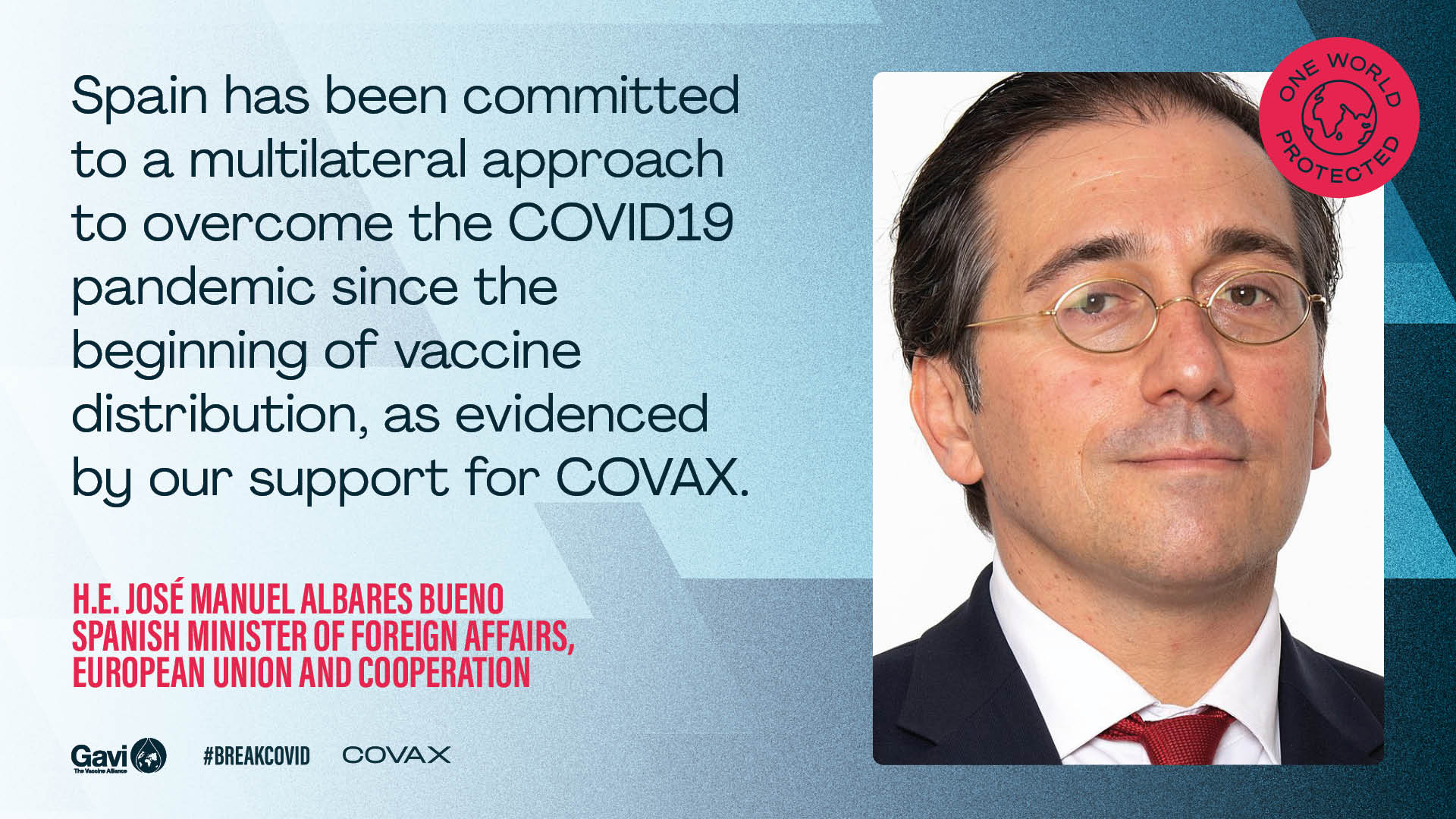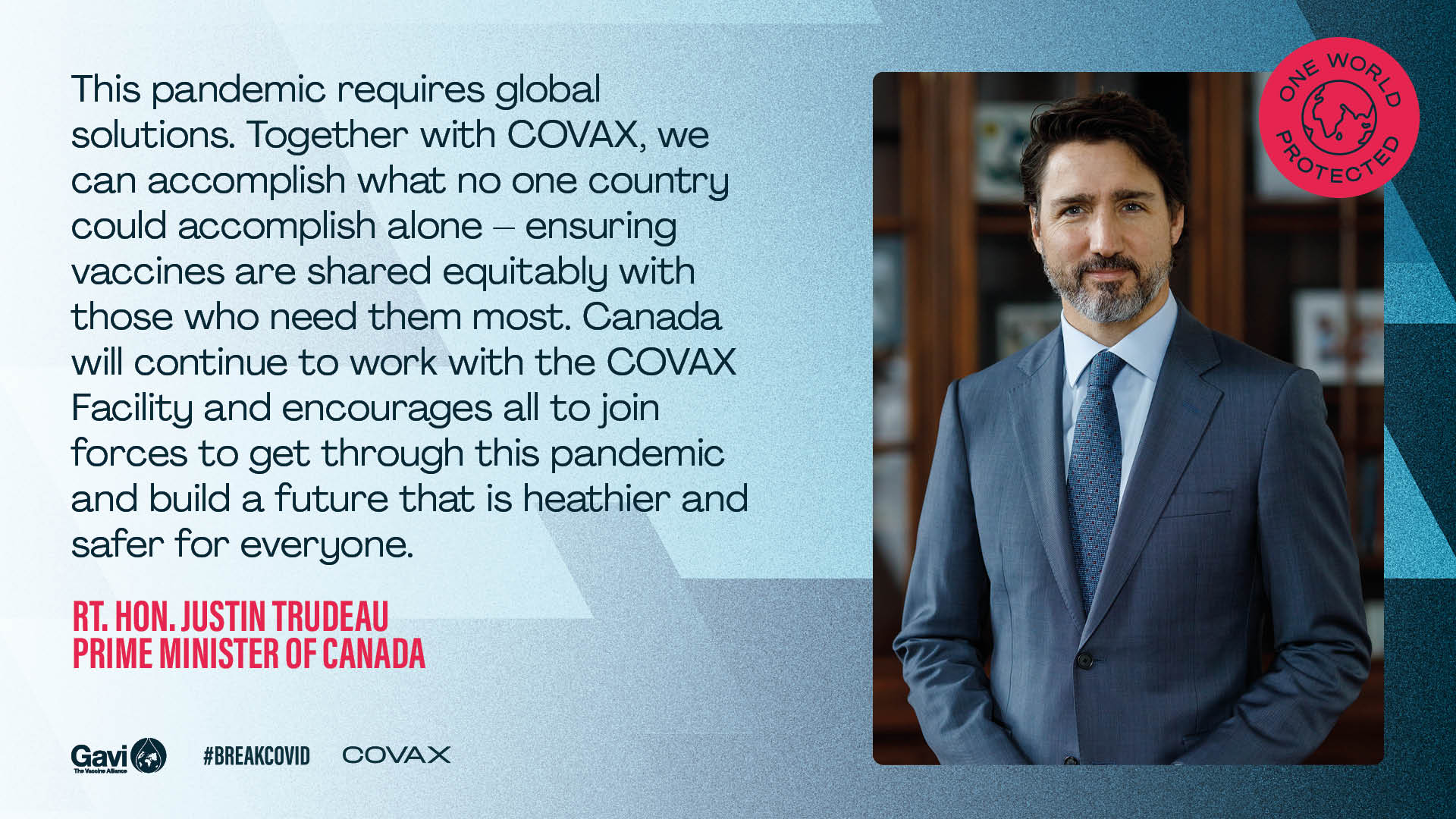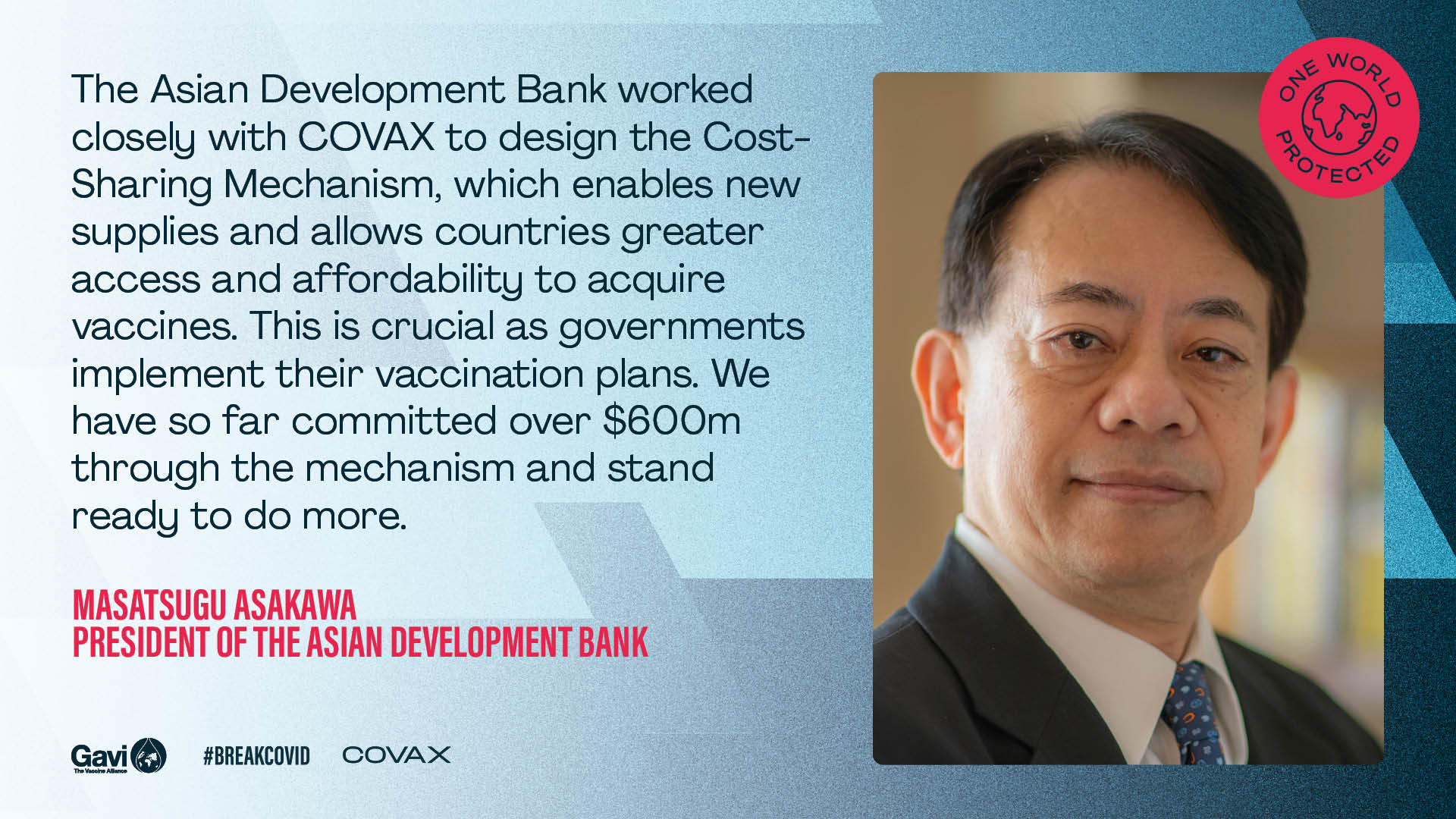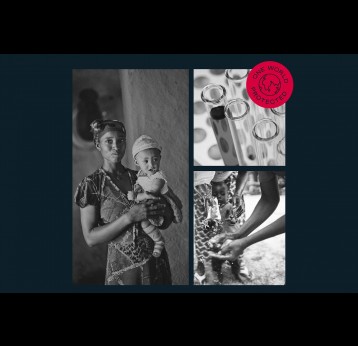About COVAX
A historic multilateral effort co-led by Gavi, the Vaccine Alliance, the Coalition for Epidemic Preparedness Innovations (CEPI), the World Health Organization (WHO) and UNICEF from 2020 through 2023, COVAX pushed to centre vaccine equity at the heart of the global response to the COVID-19 pandemic. COVAX will come to a close on 31 December 2023.
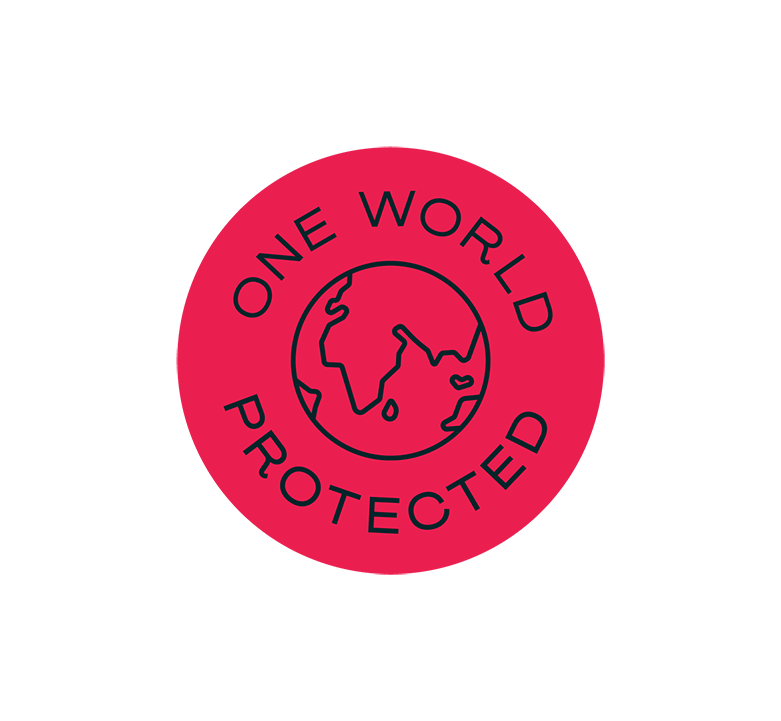
COVAX in numbers
 195 participating economies
195 participating economies
 ~2 billion vaccines and safe injection devices shipped to 146 economies
~2 billion vaccines and safe injection devices shipped to 146 economies
 ~2.7 million deaths averted
~2.7 million deaths averted
 10 different COVID-19 vaccine products shipped
10 different COVID-19 vaccine products shipped
 >US$ 12 billion to support access for lower-income economies
>US$ 12 billion to support access for lower-income economies
History and milestones
“No one is safe until everyone is safe”: Key moments in the evolution of the COVAX Facility – the global risk-sharing mechanism for pooled procurement and equitable distribution of vaccines at the heart of COVAX.
Key learnings
COVAX: key learnings for future pandemic preparedness and response
WHITE PAPER | 14 September 2022
Drawing on COVAX’s unique experience enabling an unprecedented global rollout at scale during a pandemic, this paper outlines the key challenges the mechanism faced in seeking to ensure equitable access to COVID-19 vaccines, the actions it took in response and recommendations for the future.
A preliminary assessment of COVAX’s impact in lower-income countries
WHITE PAPER | May 2023
Approximately 90% of COVAX-delivered COVID-19 doses have gone to lower-income economies. This represents the fastest and most complex global deployment of vaccines ever. But in terms of achieving equitable access during this pandemic, how successful has it been and where have its impacts been the greatest?
Coordination in a crisis: Lessons managing the COVAX Strategic Coordination Office (2021–2023)
WHITE PAPER | December 2023
Drawing upon experiences gained during the COVID-19 pandemic in coordinating the COVAX Strategic Coordination Office (SCO), this paper proposes lessons for future pandemic responses, as well as what might be maintained during intra-pandemic periods, to better prepare for future emergencies.
Building an emergency response decision-making framework for outbreaks of pandemic potential
DISCUSSION PAPER | April 2023
When an outbreak of an infectious disease starts to escalate, how should global health organisations decide on if, when and how to launch a response? To this end, Gavi is working with partners to develop a decision-making framework for outbreaks of pandemic potential that will define optimum interventions, specific to the outbreak, and unlock critical financing in response.
The African Vaccine Manufacturing Accelerator: what is it and why is it important?
VACCINESWORK ARTICLE
A new innovative financing instrument, called the African Vaccine Manufacturing Accelerator (AVMA), has been approved by the Gavi Board. But why is it important for African countries to produce vaccines, how will it work, and why now?
Expanding Sustainable Vaccine Manufacturing in Africa 2022
WHITE PAPER | 2 November 2022
The pandemic has highlighted new and pressing challenges to regional vaccine supply resilience as a critical factor in global health security. While 1.8 billion doses1 of COVID-19 vaccine have been shipped under COVAX, including 0.6 billion to Africa, early delays in obtaining doses on the African continent stimulated new resolve to address future supply security.
A New Era of Vaccine Manufacturing in Africa
WHITE PAPER | 22 June 2022
One of the prominent issues exposed by the COVID-19 pandemic is the urgent need to further diversify global vaccine manufacturing, particularly with regards to Africa. With the political realities of nationalism, trade barriers, and the absence of regional manufacturing capability and capacity, rapid and equitable global access to life-saving vaccines can be compromised, leading to delays that put lives at risk.
Taking stock of humanitarian access to pandemic vaccines
DISCUSSION PAPER | 22 June 2022
COVAX was launched in 2020 with equity as its foundational principle, and fundamental to its design from the outset was a vision to address the most unpredictable and hardest to fill gaps in global COVID-19 vaccine access.
10 Learnings for the Alliance from the COVAX Humanitarian Buffer
DISCUSSION PAPER | February 2023
The following 10 learnings highlight the ways in which the COVAX Humanitarian Buffer (HB) and COVAX’s broader learnings in reaching humanitarian settings can contribute to both the Alliance’s work in routine immunisation, future preparedness and response efforts.
Country perspectives
COVAX data brief
Regular snapshot of latest information on key COVAX data points, including shipments, donations, coverage, administration, absorption and delivery support.
Explore COVAX
Managing the end-to-end coordination of COVAX, ensuring pooled procurement and equitable distribution of COVID-19 vaccines around the world.
The Gavi COVAX Advance Market Commitment (AMC) ensured access to COVID-19 vaccines and support for lower-income countries.
COVAX in humanitarian settings
Addressing the most unpredictable and hard-to-fill gaps in access.

